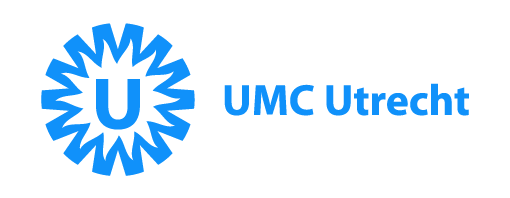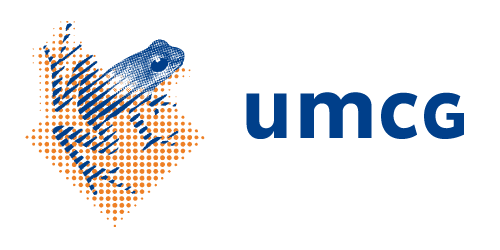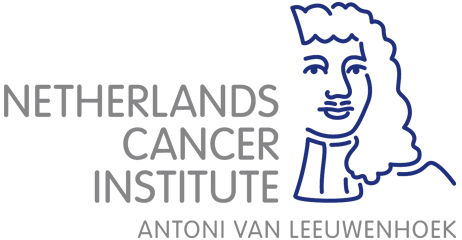Immunotherapy with Immune Checkpoint Inhibitors (ICI) has been a major breakthrough in cancer treatment. However, despite its promise of being able to cure patients from metastatic cancer, many patients do not respond to ICI. Moreover, while being well-tolerated by some patients, ICI cause severe and even fatal immune-related toxicity in others. Large cohorts structurally analyzing immune subsets in tissue and circulating cells are needed for:
- Upfront identification of non-responders
- Identifying leads for alternative (immuno)therapies
- Evidence based toxicity management to effectively treat ICI toxicity without compromising its anti-cancer effect
The UNICIT biobank is a unique biobank cohort containing data, blood, feces and tissue from ICI treated patients (see figure). Having included longitudinal blood and tissue samples from over 500 patients with ongoing recruitment, this biobank is the optimal source for studying ICI resistance and toxicity using AI approaches.

Some examples:
- Local immune cell composition and function in tissue (Nanostring, scRNAseq, imaging mass cytometry)
- Peripheral immune responses in blood before and after treatment (Olink/Luminex, flow cytometry)
- Microbiome composition (16S rRNAseq, Metagenomic shotgun sequencing)



